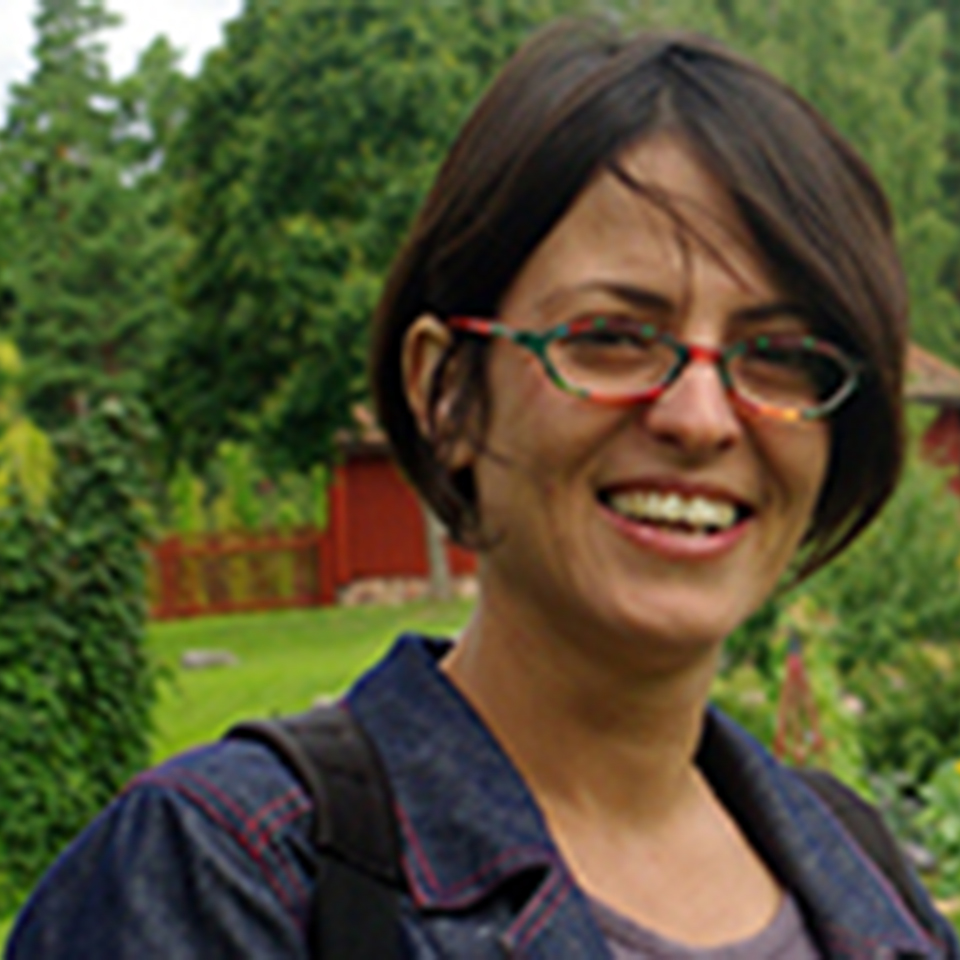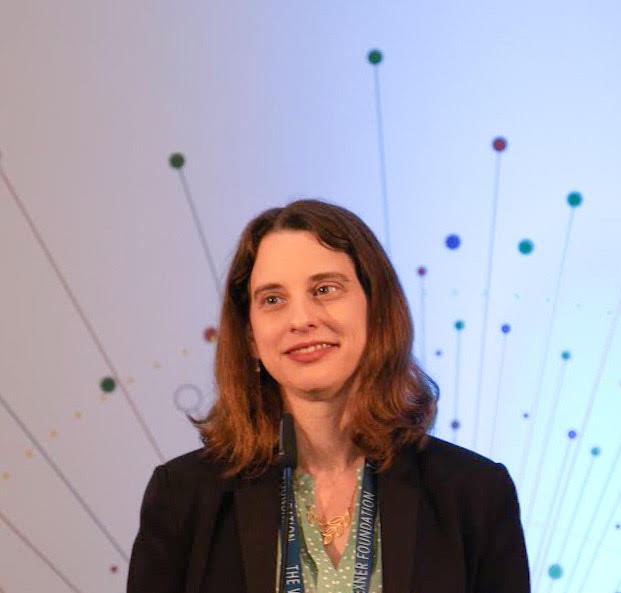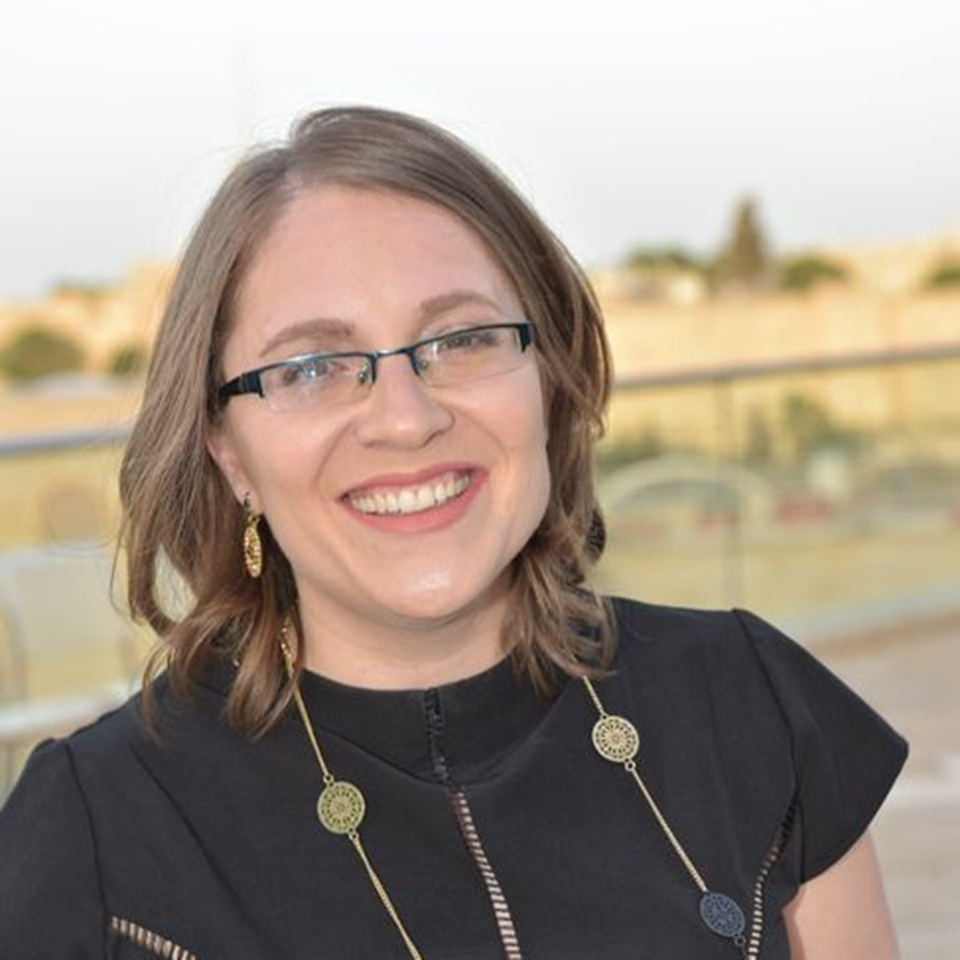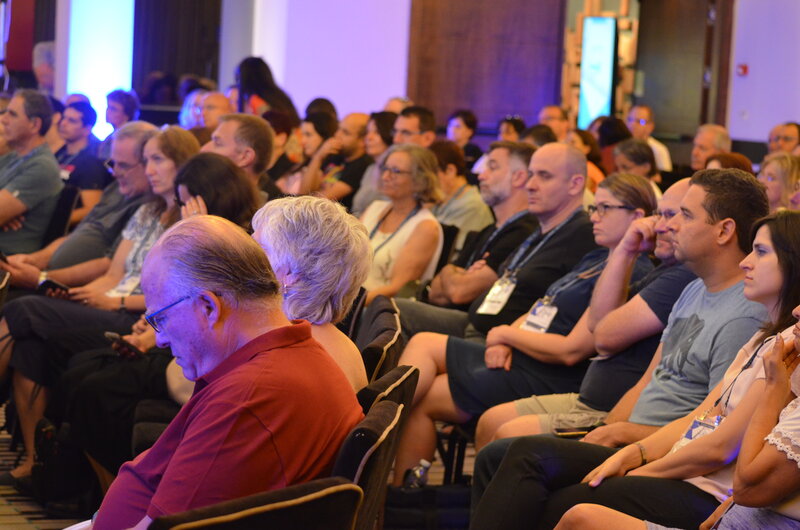16
Aug 2022
Wexner Alumni- The Intergenerational Challenge
Dana Savoray-Hadar, Sivan Shani, and Keren Zefania
The Wexner Israel Foundation Fellowship Program (WIF) was inaugurated in 1989. Each year, up to 10 fellows embark on a one-year MPA program at the John F. Kennedy School of Government at Harvard University. In the thirty-three years since its inception, almost three hundred graduates have completed the program. Our alumni community currently boasts at least three generations who have a presence in Israel’s public service:
Our first alumni generation yielded more than a few who serve in the top ranks of Israel’s public service (Supreme Court justices, the IDF Chief of Staff, etc.) with many others of that group having long retired from the public service. The second generation has also given Israel’s public service many prominent members. Last but not least, the younger third generation has graduated from WIF in the past ten years. Many of these third generation alumni are in various stages of progress towards senior positions in the public service. In this very issue, for example, Wexner Israel Fellowship alumna, Shlomit Doten Gissin, explores these three generations through the Wexner Foundation’s Israeli alumni led Women’s Forum, through the lens of “grandmothers, mothers, and daughters.”
Alongside the Wexner Israel Fellowship program alumni community, the Foundation also offers another program in Israel – the Wexner Senior Leaders program (WSL, founded in 2015),[1] whose members join the senior leadership network upon their return from Harvard. Interestingly, although one program is 26 years older than the other, the total numbers of WSL and WIF alumni are currently the same due to the much larger WSL class size (40-46 participants). But we anticipate the eventual intergenerational challenge among the WSL network, and are already beginning to prepare. Still, there are already some crossover opportunities. For example, noting the overlap in age, challenges, and interests between WSL network members and WIF’s second generation alumni, we offer joint programs in forums and other thematic gatherings that are relevant to both.
Overall, The Wexner Foundation in Israel offers a variety of activities to all its alumni, which aim to strengthen ties among the alumni community and contribute to their work in public service. Among these activities, for example, are an annual three-day alumni summer conference, forum meetings in various fields of interest, an accelerator in collaboration with Harvard lecturers who come to Israel for this purpose, and Wexner Summit gatherings.
But it is the three generations in the alumni community of the Wexner Israel Fellowship program that are leading us to the greatest learning about multi-generational challenges and corresponding opportunities.
For example, The Wexner Foundation Israel team began asking ourselves: How can we create content that is relevant to all three generations and can contribute to their career and work? How can we produce a conference that benefits the younger alumni who have just returned to Israel, the middle generation, and the first-generation alumni, in which many have long retired and are more available to participate in conferences and activities? How might we proceed in a way that ensures our alumni activities remain pertinent to these veteran alumni, allowing them to continue to engage in the Foundation’s activity?
Our analysis of the challenges has yielded two main vectors for action:
First, we realized that by including representatives from the most recent classes in the planning of the annual conference and the activities of the forums, we will ensure that the content is relevant and useful to the younger generation dealing with current challenges of public service.
Secondly, and at the same time, we also realized we must develop unique ways of integrating veteran alumni who have retired from public service into the activities of the alumni community, while making use of their relative advantage; namely, more free time, extensive experience, and a global perspective of the public service system. These advantages point to the vast potential of veteran alumni to engage in mentoring and advising, both within the alumni community internally, and to initiate alumni-led mentoring for the younger alumni communities of other public service leadership programs. In addition, veteran alumni can sit on program admissions committees, on the annual conference planning committee, and serve on steering committees of the various interest forums. Planning in advance for the integration of veteran alumni in these positions could create added value for the alumni themselves, the alumni community, and the Foundation as a whole.
[1] See here, for a view of the full suite of Wexner Foundation programs at-a-glance.

Get To Know The Authors
Dana Savoray-Hadar is the Deputy Director of The Wexner Foundation Israel office.

Sivan Shani is the Director of the Wexner Senior Leaders Program and Network.

Featured photo provided by authors.
Keren Zefania is the Director of the Wexner Israel Fellowship.

